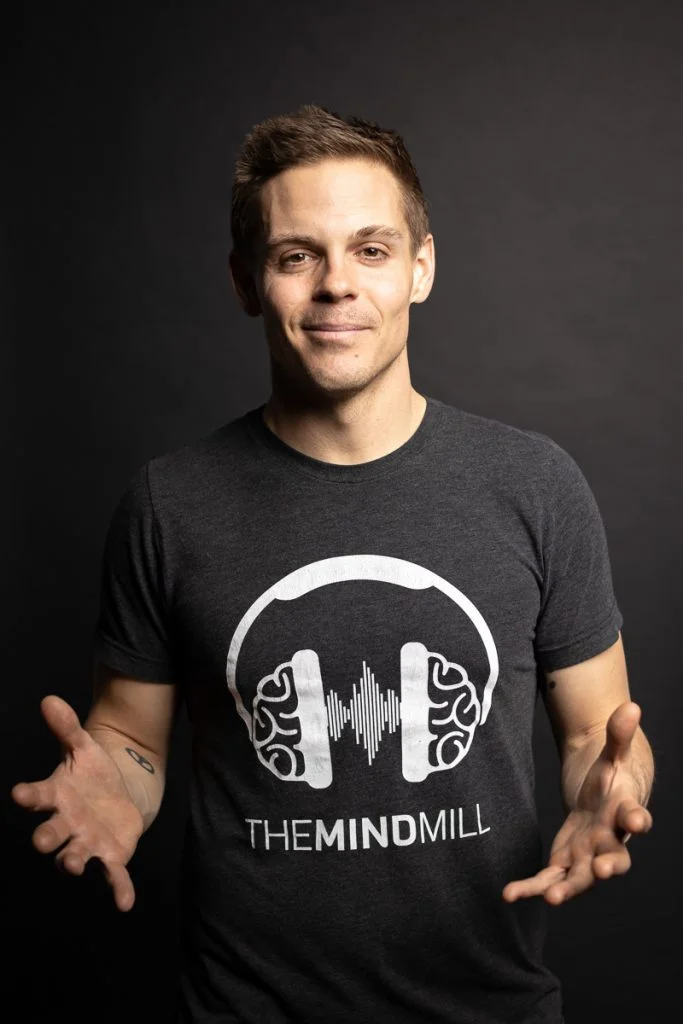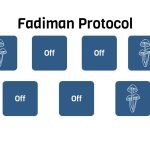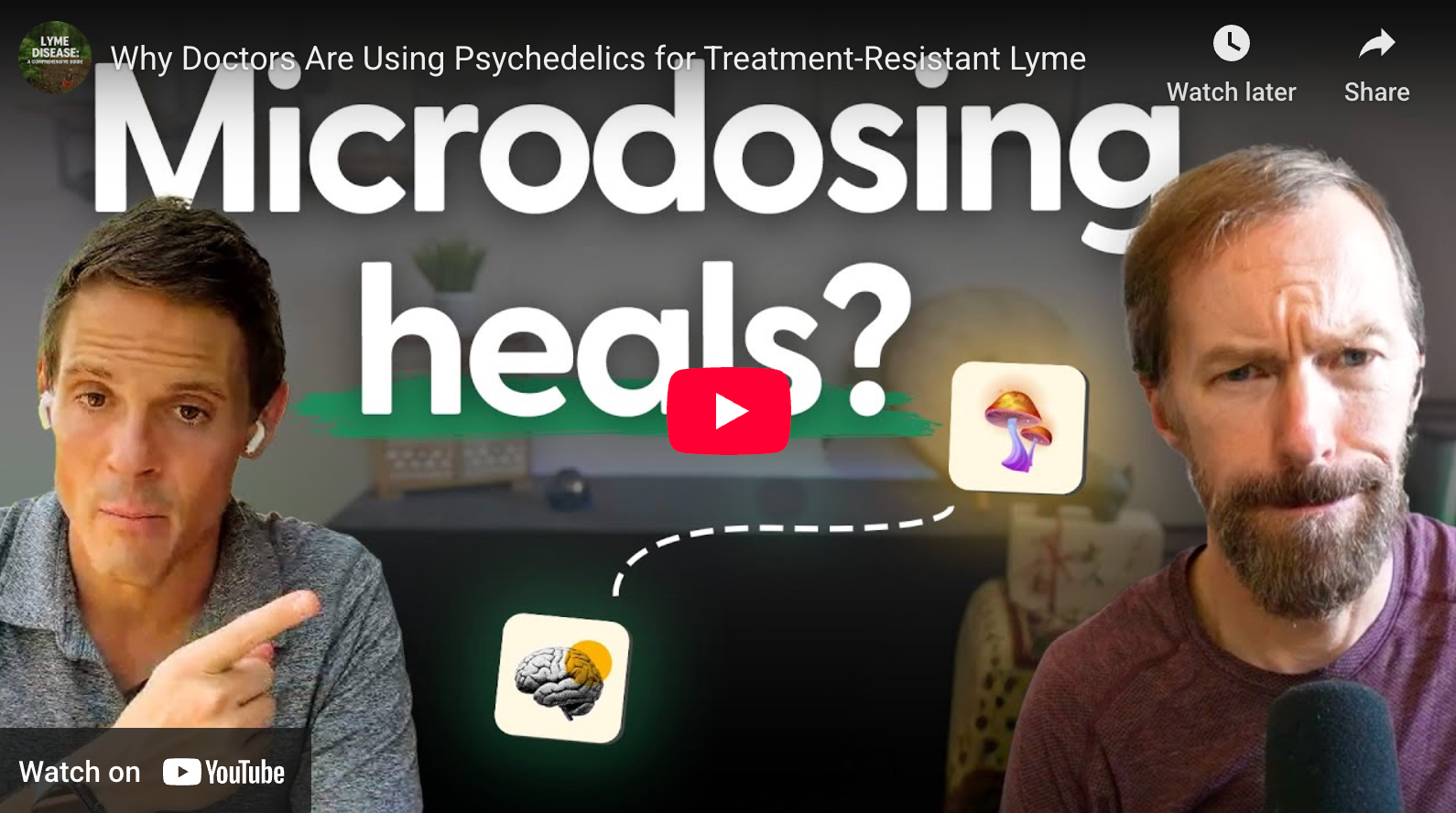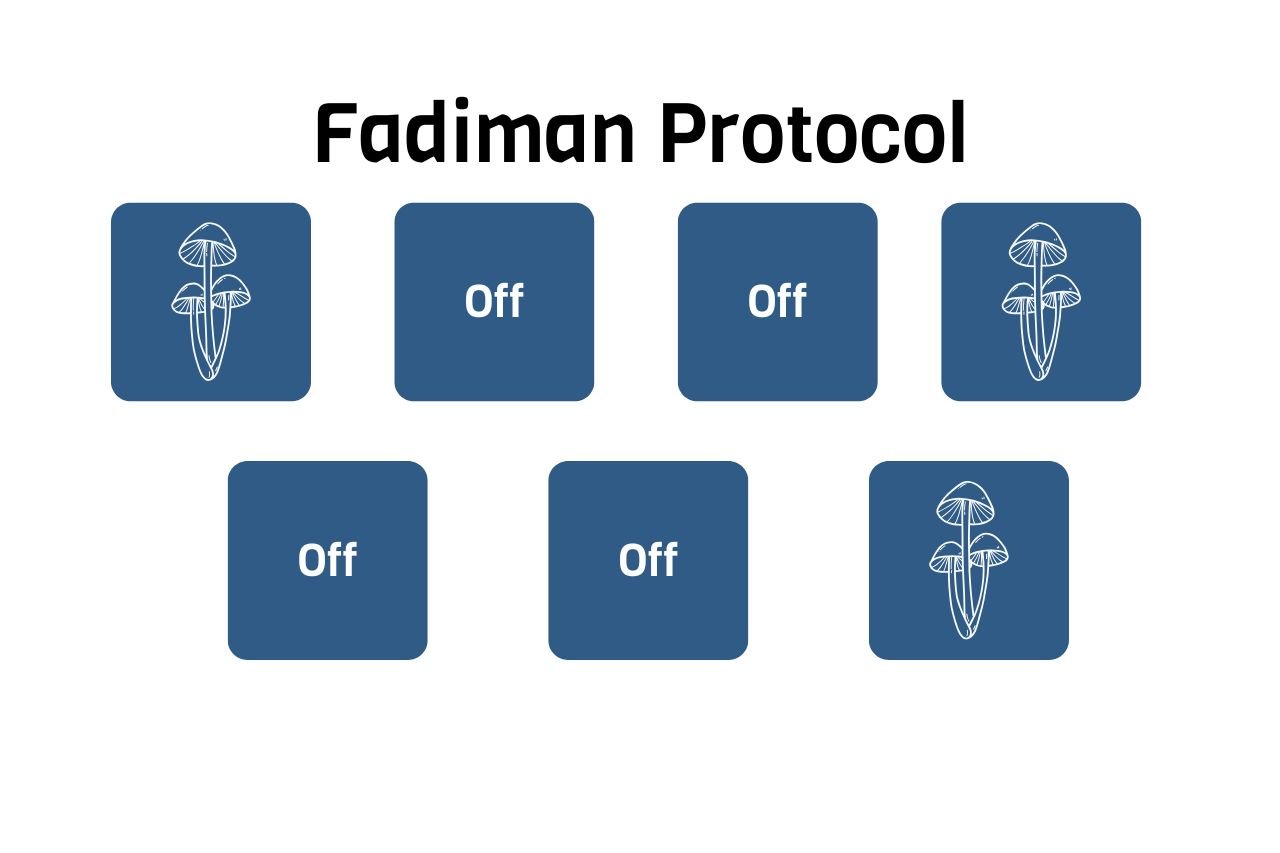In a new interview with Dr. Tom Moorcroft, mindful psychedelic coach Seth Marcus discusses how microdosing psilocybin is being used to support people with chronic Lyme disease who face treatment-resistant neuropsychiatric symptoms.
While psilocybin does not address the underlying infection, emerging reports suggest it may help relieve symptoms such as depression, anxiety, brain fog, and rigid thought patterns. Seth explains how microdosing, when approached with structure and intention, can provide psychological flexibility and emotional balance for those whose recovery has plateaued through conventional treatments.
Understanding the Mechanisms
The conversation explores the relationship between neuroplasticity and the default mode network, the brain system involved in habitual and self-referential thinking. Microdosing psilocybin in low, non-hallucinogenic amounts may temporarily quiet this network, allowing for greater mental adaptability and perspective shifts. Seth emphasizes that these neurological changes are best supported through consistent mindfulness and journaling practices.
Coaching as a Healing Framework
Seth distinguishes between therapy and coaching, highlighting that his approach focuses on building forward momentum rather than revisiting past trauma. Through The Microdosing Journal and structured guidance, clients are encouraged to track their experiences, set intentions, and translate new insights into meaningful daily changes. This framework combines accountability with self-reflection, providing structure to what can otherwise be an abstract process.
Safety and Integration
The interview also covers safe dosing practices, harm reduction, and the importance of preparation and environment. Seth underscores the need for education, professional support, and an integration process that includes meditation, journaling, and mindful reflection. These practices help participants maintain benefits and incorporate the lessons from microdosing into everyday life.







